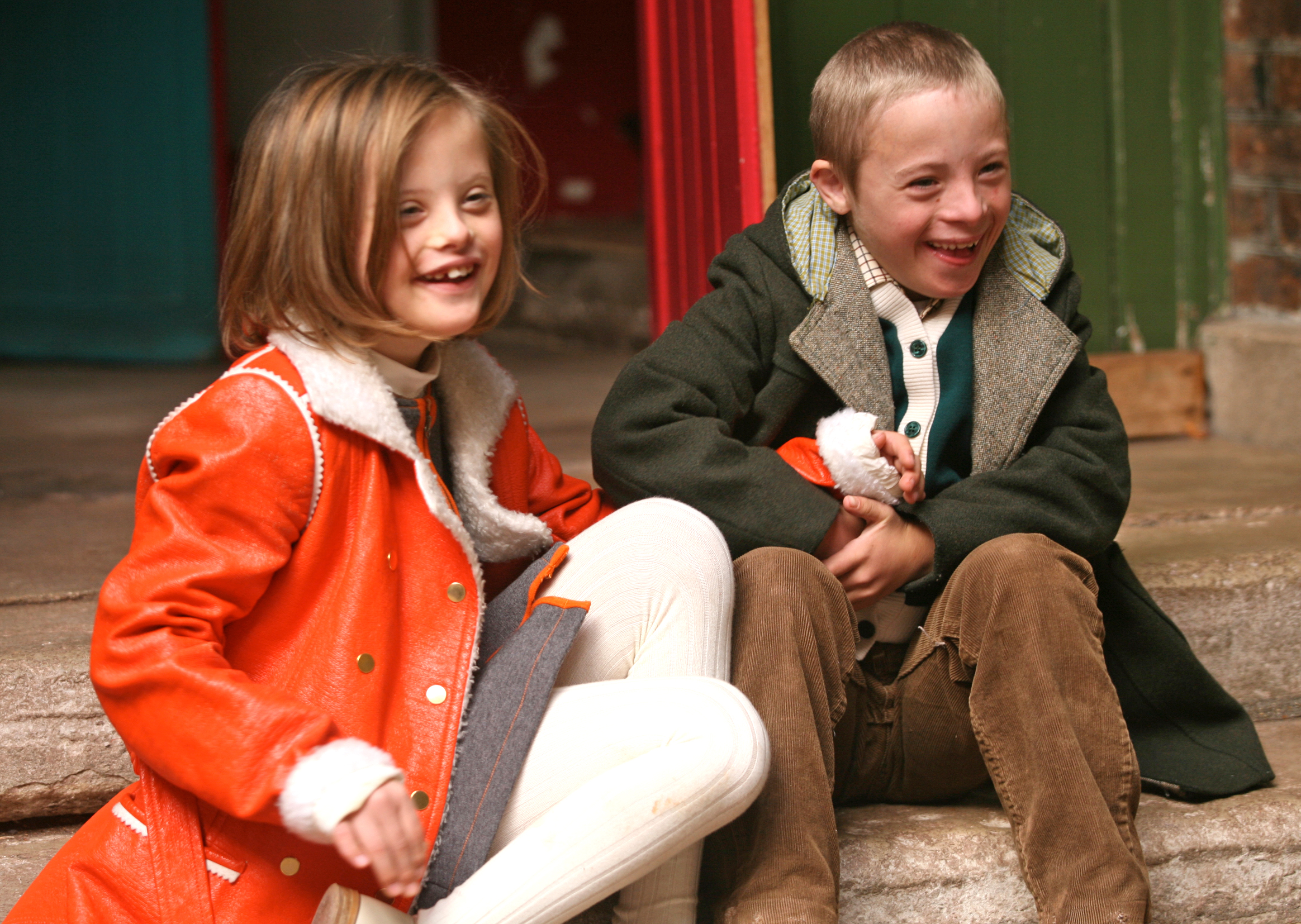While love can sometimes seem like settling, “Café de Flore” explores the notion of a predetermined love that can surpass lifetimes.
Jean-Marc Vallée’s newest film from Canada tells a potent and unexpected tale of love and happiness. The film also veers into the realm of the metaphysical as it explores the power of soul mates even across time and space. Although the film is entirely in French with English subtitles, it rises above cultural barriers to share this universal theme.
The film centers mainly around Antoine (Kevin Parent), a modern-day DJ in Montreal. After having recently separated from his wife and high school sweetheart Carole (Hélène Florent), he is madly in love with a woman, Rose (Evelyne Brochu), whom he believes to be his soul mate. Although his angsty daughters are caught in the middle of the divorce, Antoine is happy while Carole suffers through the loss of her loved one.
Meanwhile, a second story unfolds. Laurent (Marin Gerrier) and his mother Jacqueline (Vanessa Paradis) have very little to be happy about, as Laurent is a 7-year-old in 1969 Paris with Down syndrome. Yet Jacqueline’s fierce love for her son is the driving force in their relationship.
The only thing that seems to connect Antoine and Laurent is a similar obsession with the song “Café de Flore” by Matthew Herbert. In the end, Carole, who contacts a medium in an attempt to understand a recurring nightmare, unveils the tragic and surreal link between all of them.
Music is a huge part in changing the mood of a scene, and it should come as no surprise that a film named after a song would have a good selection of music. Although the film is in French, it includes English and American bands such as Pink Floyd, The Cure and Nine Inch Nails to accentuate Antoine’s punky DJ style.
Strong transitions that combine voice-overs, abrupt changes in sound and clearly defined situations make it easier to follow the simultaneous storylines and flashbacks. Common motifs including one bloodcurdling scream and a car crash also act as transition points and great foreshadowing. While this occasionally gets a little confusing, especially when the stories converge, it’s not a problem with a little bit of deductive reasoning.
Without the engaging use of transitions and flashbacks, the film wouldn’t be very visually stimulating. It lacks interesting props, costumes and sensationalism. Instead, the camera focuses more on the characters’ emotions and everyday details, with many close-up shots. Occasionally, these close angles give the viewer the feeling of actually looking at the character from a very personal point of view, adding to the intimacy of the story.
As the complexities of love and relationships unfold on screen, the viewer can’t help but sympathize with and grow fond of each character. Even though Rose and Antoine are guilty of an affair, their struggle and passion are heartwarming. On the other hand, characters like Jacqueline and Carole illustrate the well-known anguish of lost love as they endure watching their loved ones fall for their true soul mates.
Of course, characters wouldn’t be anything without the actors. Gerrier was a huge surprise. He could play happiness, sadness, anger and love at only age 7. As an actor and as a character, he beats the stigma of Down Syndrome as he breaks past the limitations expected of him.
While each actor gave intensely emotional performances, it was Hélène Florent who most honestly played her part. She is able to easily twist her expressions to depict loss, numbness and regret. The image of her screaming in silent agony is one of the most charging images. As she sleepwalks through her dark living room, tormented by her nightmare, her daughters watch. Her demeanor changes so suddenly from a searching to a choked pain that it’s alarming even without an actual scream. Although “Café de Flore” explores difficult and painful truths, watching it is nearly effortless. The entire time the viewer wonders how the two storylines could possibly converge, until, in the most unimaginable way, it all makes sense. This is a movie that provides hope for the hopeless romantic in the most realistic way possible.
““ Kelsey Rocha
Email Rocha at krocha@media.ucla.edu.
